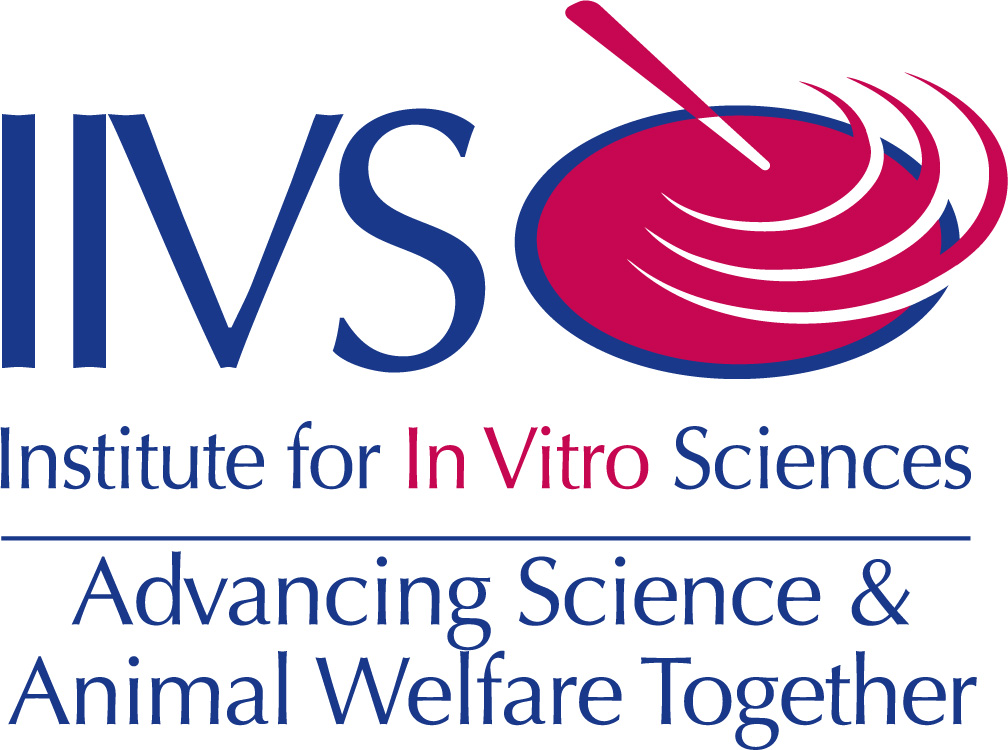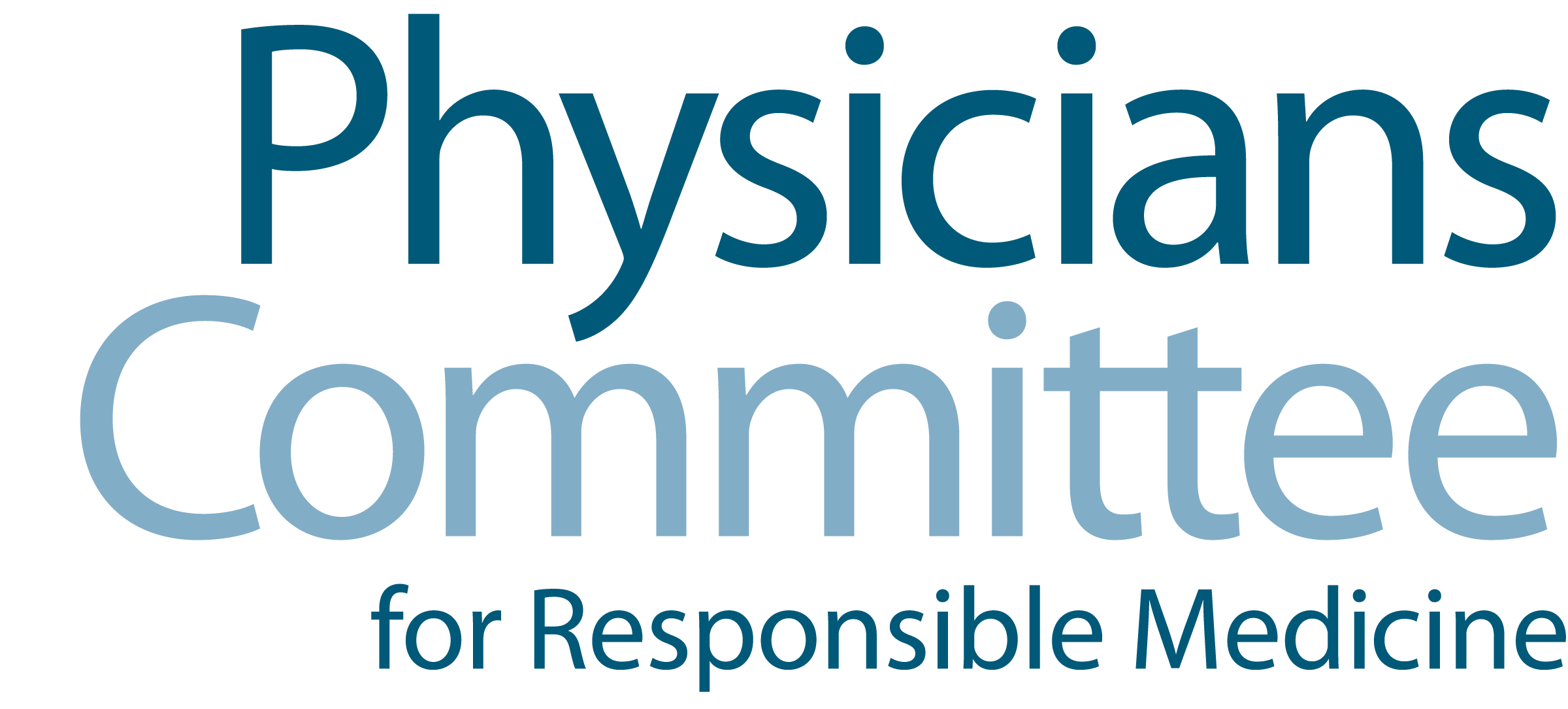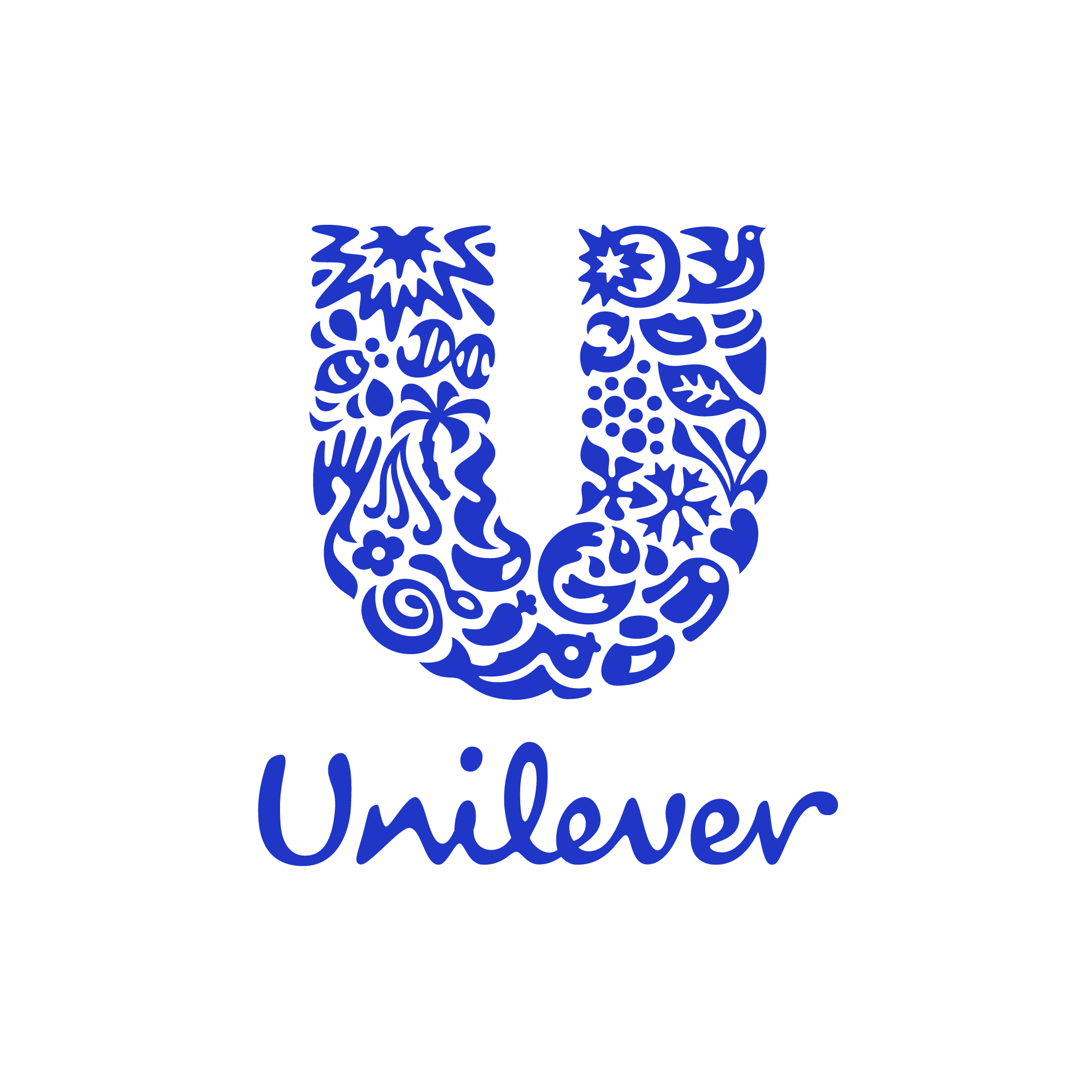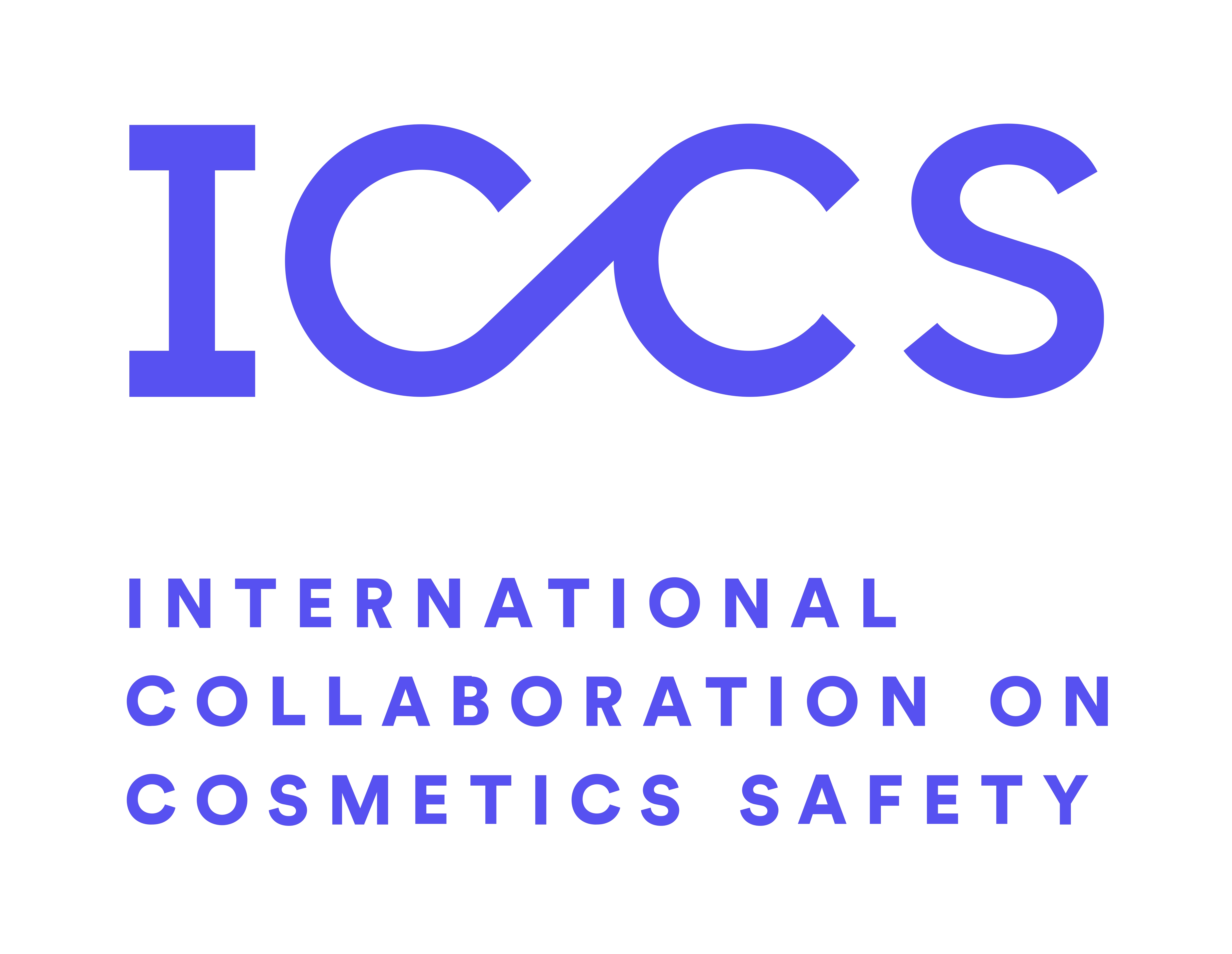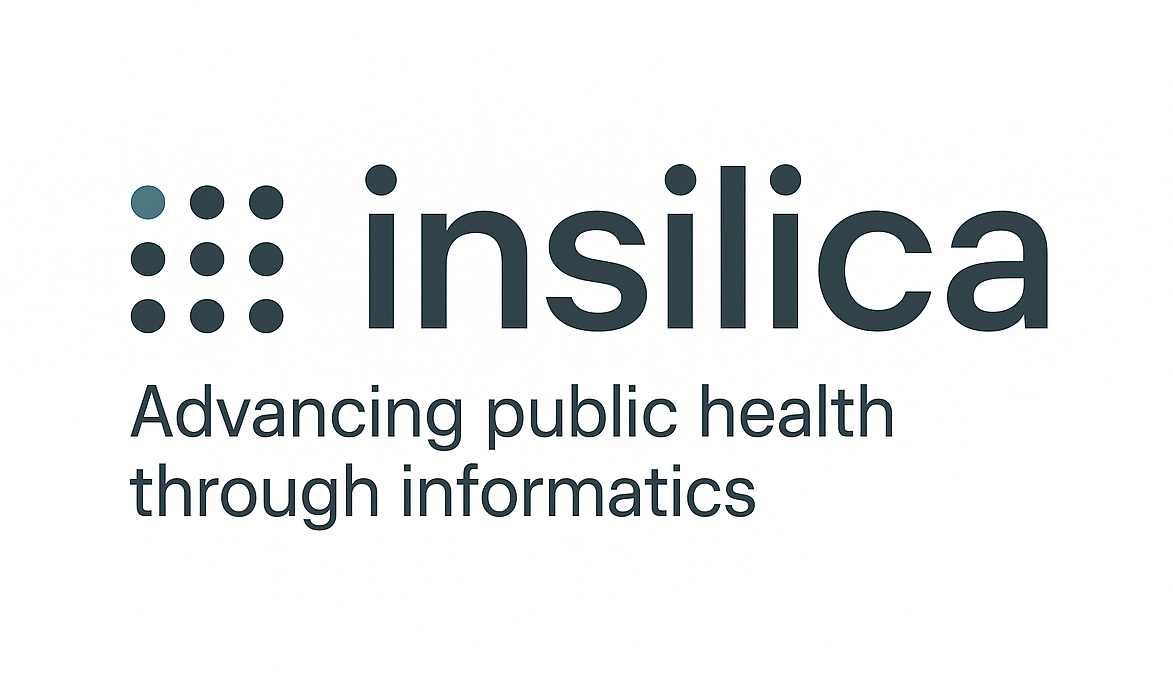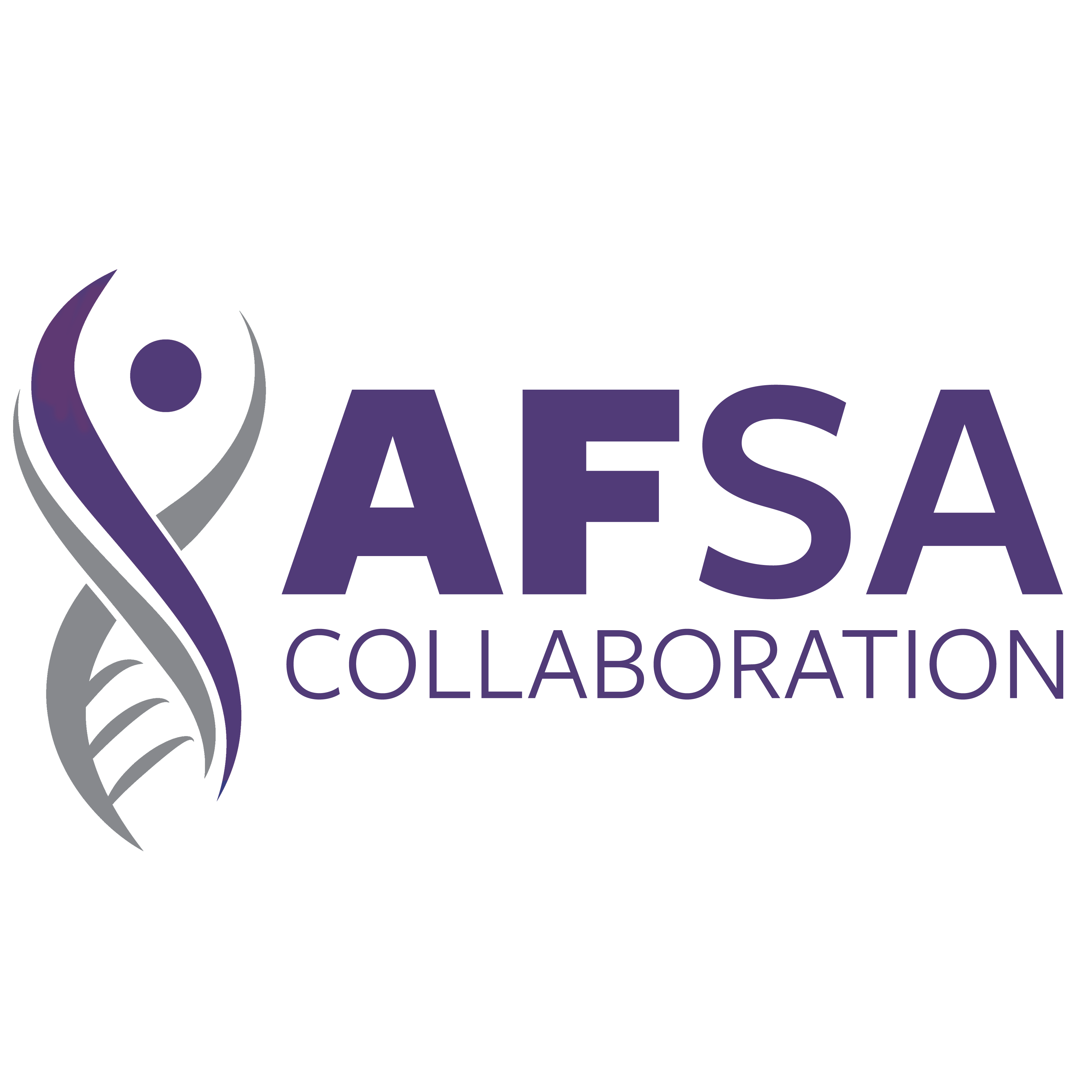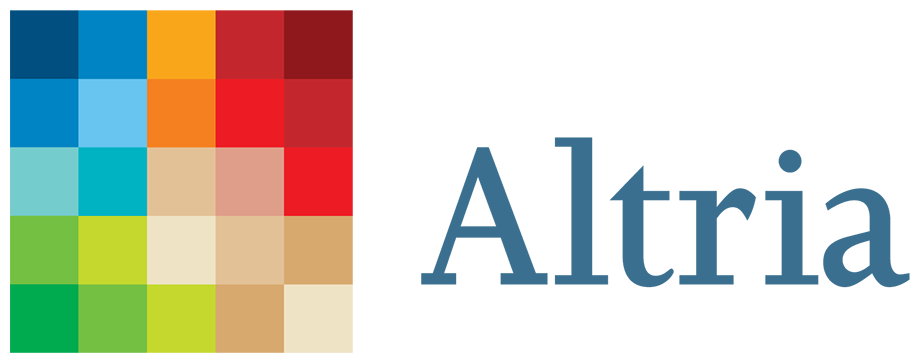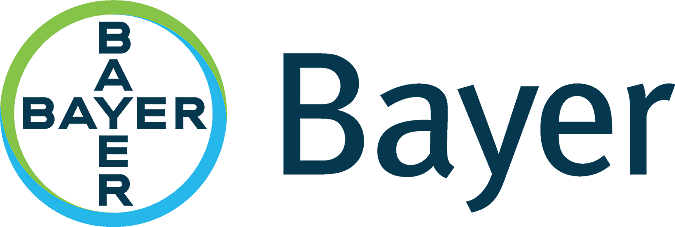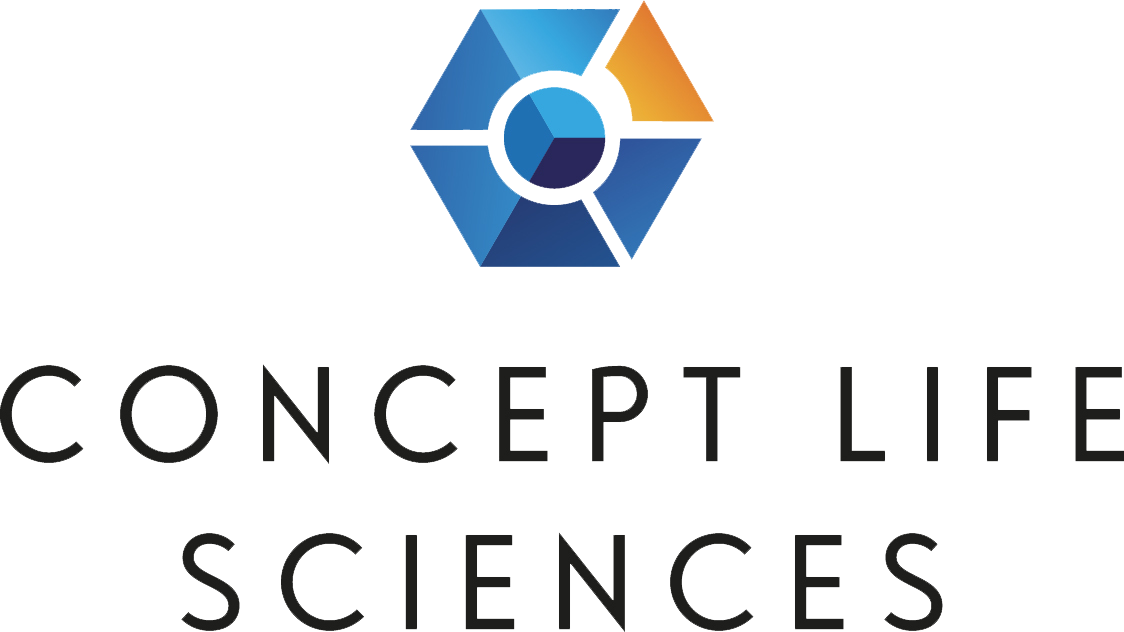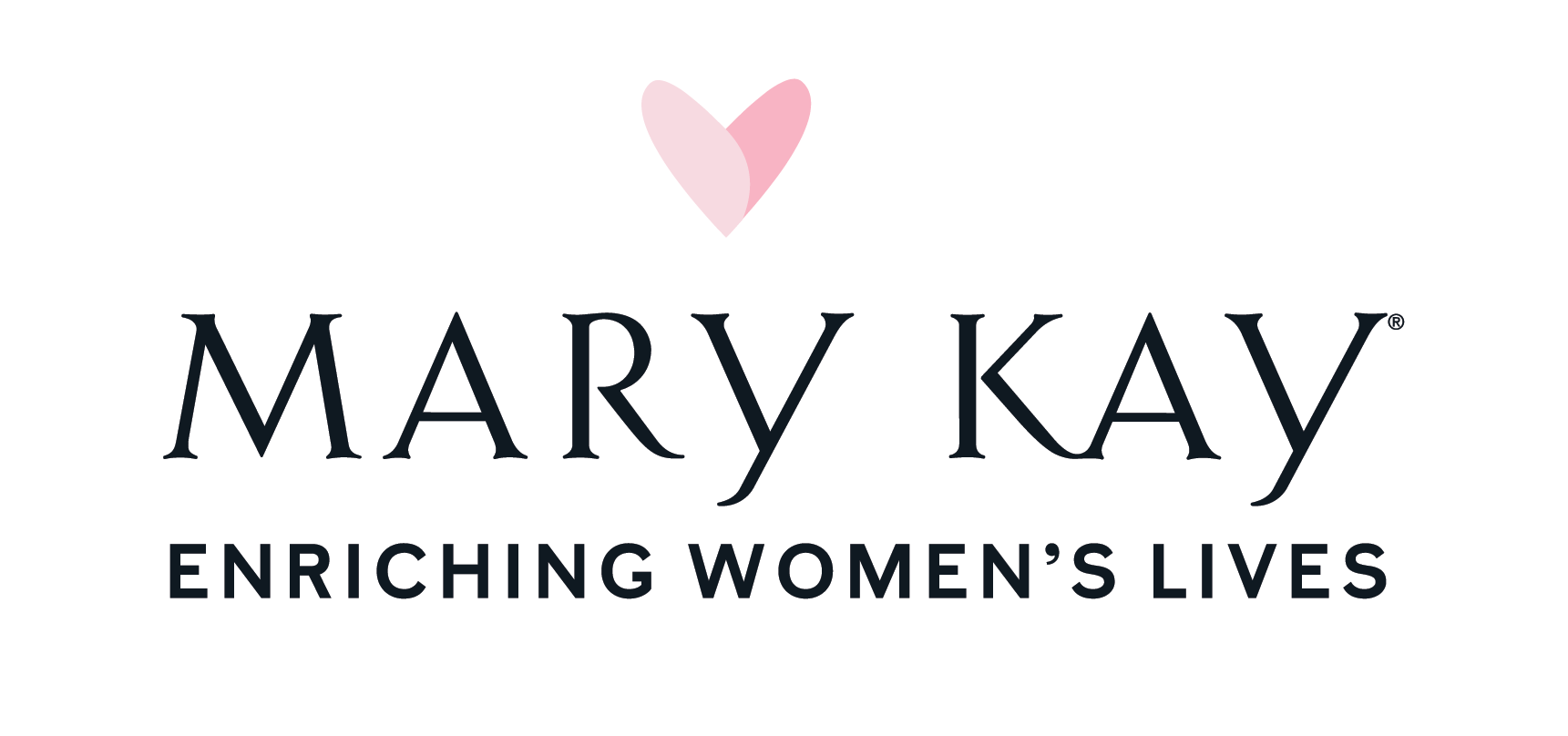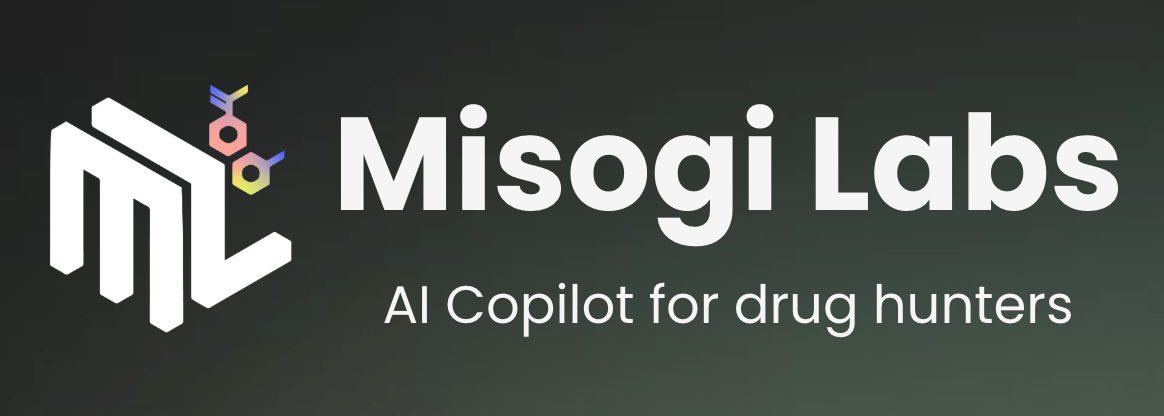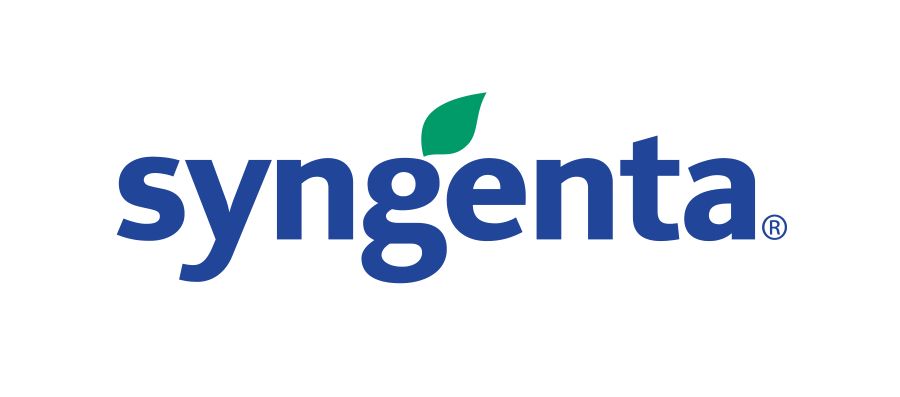***Information about the 15th Annual Meeting, which will be held in Research Triangle Park, NC in late October 2026, is forthcoming. Continuing Education and Oral Session proposals will open March 1st and be due May 1st.
PROGRAM | SPONSORS | REGISTRATION | CE COURSES | SPONSORSHIP | VENUE | LODGING | AWARDS
Quick Links
BACK TO TOP
SPONSORS

- All scientific and networking sessions
- Tuesday evening reception
- Coffee, snacks, and beverages
- Lunch Wednesday and Thursday
| Member Rate | Non-Member Rate | |
| Regular | $200 | $275 |
| Student/Trainee | $75 | ---- |
| Member Rate | Non-Member Rate | |
| Regular | $275 | $350 |
| Student/Trainee | $75 | ---- |
| Member Rate | Non-Member Rate | |
| Regular | $50 Each | $75 Each |
| Student/Trainee | Free | ---- |
CE COURSES
This year's meeting will feature two CE Courses. One will be offered on the morning of Tuesday, October 21, prior to the start of the main meeting and one will be offered on the afternoon of Thursday, October 23, after the close of the main meeting. Lunch will be provided for Tuesday's CE Course attendees and presenters.
The course titles and abstracts are listed below.
TUESDAY MORNING: Learning to use Agentic AI Tools for Chemical Hazard Classification
This Continuing Education course provides a comprehensive overview of GHS toxicity endpoints, which are often essential for evaluating chemical hazards. Participants will learn about these endpoints and how to predict them for small molecules using machine learning. They will also utilize agentic AI modules in a hands-on workshop to evaluate their favorite toxic molecule, including asking the agents complex, idiosyncratic questions.
The course will cover:
- Computational hands-on learning with Python notebooks demonstrating the use of ML models and a portal designed for agentic AI use, ask questions and get chain-of-thought answers!
- Data evaluation exercises such as an exploratory analysis of small compounds in Cell Painting, evaluation of ML models in predicting chemical hazard,
- Audience participation in running their models with their favorite descriptors and model combinations, trying to predict chemical hazard.
Learning Objectives:
By the end of this course, attendees will:
- Understand the GHS (Globally Harmonized System) uses a system of hazard classes and categories to classify chemicals based on their potential health, physical, and environmental hazards.
- Learn how modern agentic AI tools can help contextualize predictions from machine learning models.
- Be familiar with chemical structural fingerprints, physicochemical properties, and cell morphology data (such as Cell Painting data) in cheminformatics prediction tasks.
- Gain hands-on experience with machine learning models like Random Forests to predict compound properties.
- Learn to validate computational models using techniques such as cross-validation and understand the relevant metrics (e.g., balanced accuracy and AUC-ROC).
- Explore the application of predicted toxicity endpoints in real-world scenarios, such as based on their ability to cause serious eye damage (irreversible effects) or eye irritation (reversible effects).
THURSDAY AFTERNOON: QSAR Demystified: From Principles to Practice in Regulatory Toxicology
Abstract: Quantitative Structure–Activity Relationship (QSAR) models are essential tools in the 21st-century toxicologist’s toolkit, offering scientifically robust and resource-efficient alternatives to animal testing for hazard prediction and chemical prioritization. This session will guide attendees through the fundamentals of QSAR modeling, showcase real-world case studies demonstrating their application in both environmental and pharmaceutical contexts, and provide an in-depth walkthrough of the OECD QSAR Toolbox—an internationally recognized platform for regulatory-compliant in silico predictions. This course is designed to appeal to both newcomers and seasoned users seeking to deepen their understanding of QSAR methodologies and their practical applications in regulatory decision-making. Attendees will gain actionable insights on model selection, applicability domain, read-across strategies, and integration into chemical safety assessments.
Learning Objectives: By the end of this course, participants will understand the fundamental principles and regulatory applications of QSAR modeling, critically assess model outputs and applicability domains, and apply real-world case study examples to chemical safety evaluations. Participants will also gain practical skills in using the OECD QSAR Toolbox for chemical profiling, read-across, and regulatory submissions.
SPONSORSHIP
We are excited to announce the addition of a Platinum Sponsor Showcase which will feature presentations from our top-tier sponsors during the in-person meeting. Platinum Sponsors will have the chance to promote products or processes with a 10-minute presentation focused to highlight the scientific merits, applications, and case studies of their featured item(s) or method(s).
Space is limited to four slots and they are available first come, first served.
SPONSORSHIP LEVELS
| BRONZE | SILVER | GOLD | PLATINUM |
| $500 | $1000 | $2500 | $5000 |
Platinum, Gold, and Silver Sponsors can also add on the following special á la carte items this year to enhance their visibility during the meeting:
- Branded Name Badge Lanyards, ONE available - $1500 CLAIMED
- Reception Sponsor, ONE available - $1200
- Poster Session Sponsor, TWO ONE available - $1200
BACK TO TOP
VENUE
The meeting will be held at the Institute for In Vitro Sciences near Washington, DC.LODGING
We are not arranging room blocks this year but can recommend any of the following hotels that are within close proximity to the IIVS campus.
DoubleTree by Hilton, Holiday Inn, and Hampton Inn & Suites are very near each other and close to IIVS. The Hampton Inn is considered walking distance to IIVS.
DoubleTree by Hilton Washington DC North/Gaithersburg (approximately 2.2 miles)
If you prefer more restaurant and activity options, the Washingtonian Rio Center is about 5 miles from IIVS and features several hotels alongside lots of shops and restaurants with a path around a lake for walking and running. Please note that there is not convenient public transit between Washingtonian Rio Center and the IIVS campus; a car or rideshare would be needed.
Courtyard by Marriott Gaithersburg Washingtonian Center (approximately 4.5 miles)AWARDS
The ASCCT offers several awards before and during the meeting. See below for information and visit the awards page to learn about past awardees.Travel Awards
The application window for ASCCT-provided travel awards is now closed and winners have been notified.
- The awards will cover meeting registration fees, plus travel, lodging, and food expenses (receipts must be provided).
- At least one award will be provided to someone from Mexico, Central, or South America.
- At least one award will be provided to a student or post-doctoral trainee.


